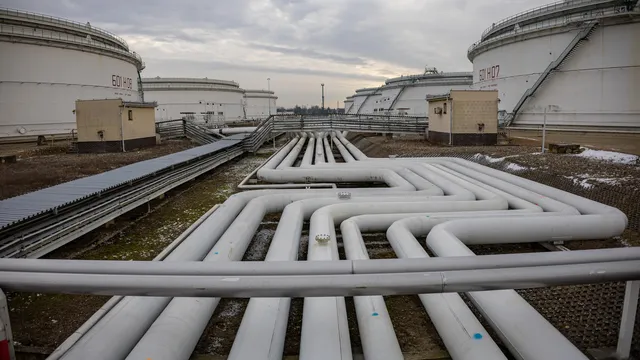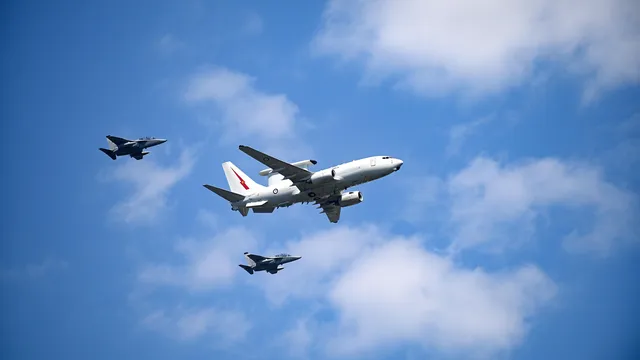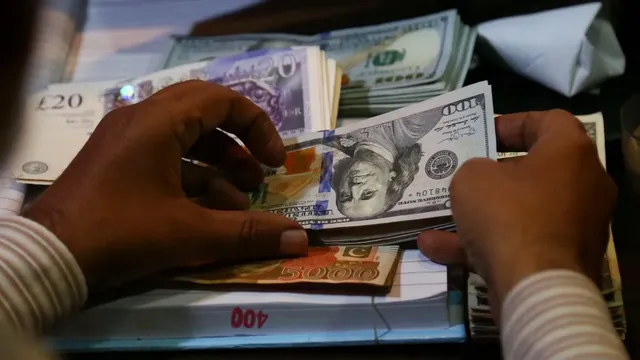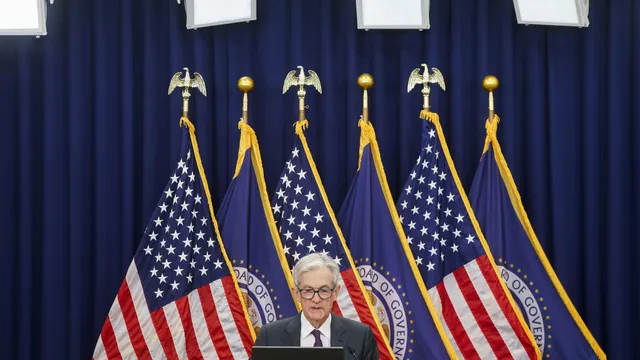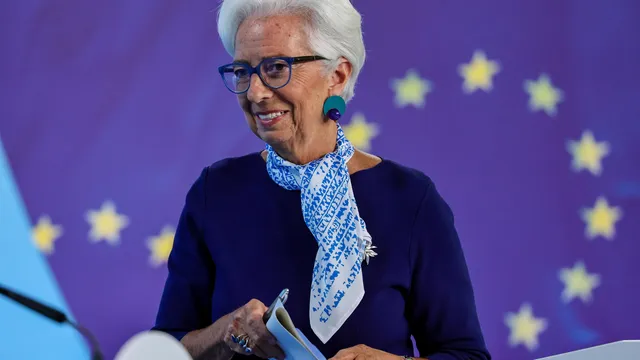Russian fuel prices are close to record highs, stock market data shows, after a series of Ukrainian attacks on refineries caused disruptions during the tourist season.
Ukraine regularly attacks Russian refineries and oil depots to prevent Moscow from financing its offensive, AFP reported.
The latest strikes coincided with the summer tourist season and contributed to higher prices for road transport compared to rail and air.
In an attempt to control prices, Russia, one of the world's largest oil producers, imposed a total ban on fuel exports last month, but it does not seem to have had much effect.
AI-92 and AI-95, the two most popular fuel blends in Russia, were trading at around 72,663 and 81,342 thousand rubles per ton (US$900 and US$1,000), close to their historic highs, according to trading data from the St. Petersburg Commodity Exchange.
Russian broker BKS cited "repairs and new incidents at refineries" as reasons for the price surge, noting higher fuel demand as people tend to drive more during the summer months.
In addition, Ukrainian attacks have also disrupted air and rail transport, further contributing to the surge, the brokerage firm said.
"Recent disruptions at refineries in Afipsky, Ryazan, and Saratov may have reduced gasoline supplies to the market," BKS added, saying this likely exacerbated the situation.
Ukraine said it had struck the three refineries this month, but Russia has not officially commented on the suspension of production there.
The Russian Energy Ministry said the price increase was due to "high seasonal demand and agricultural work" and supported extending the ban into September, without mentioning the Ukrainian strikes or refinery repairs.
The fuel shortage is most acute in southern and far eastern Russia, as well as in parts of Ukraine controlled by Russian troops, local authorities said. | BGNES

 Breaking news
Breaking news
 Europe
Europe
 Bulgaria
Bulgaria
